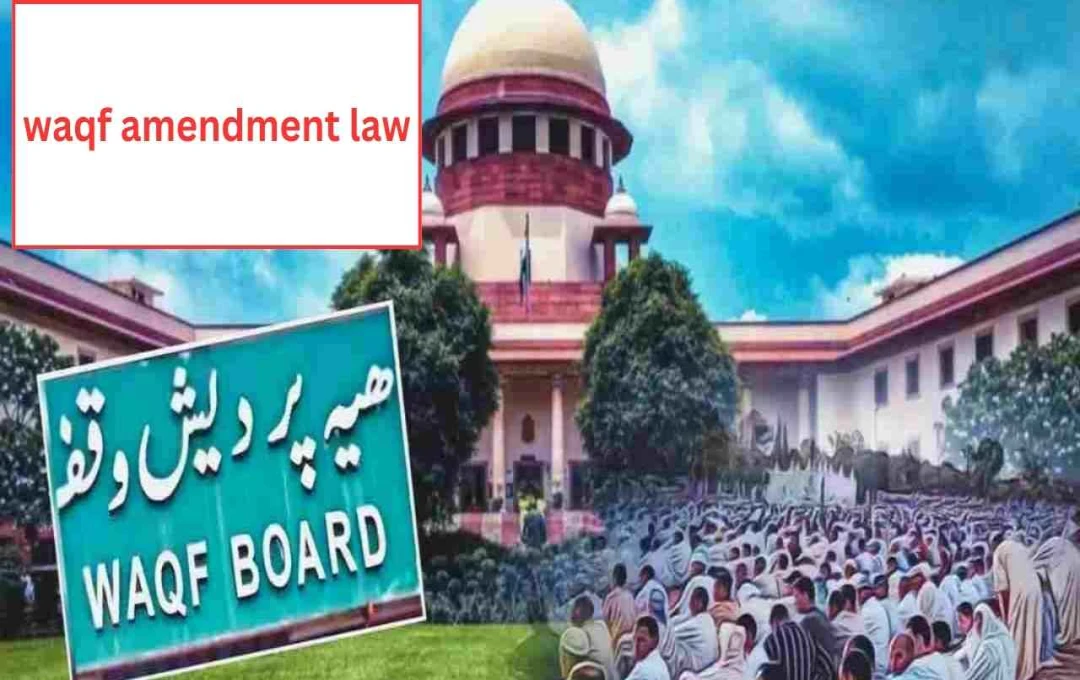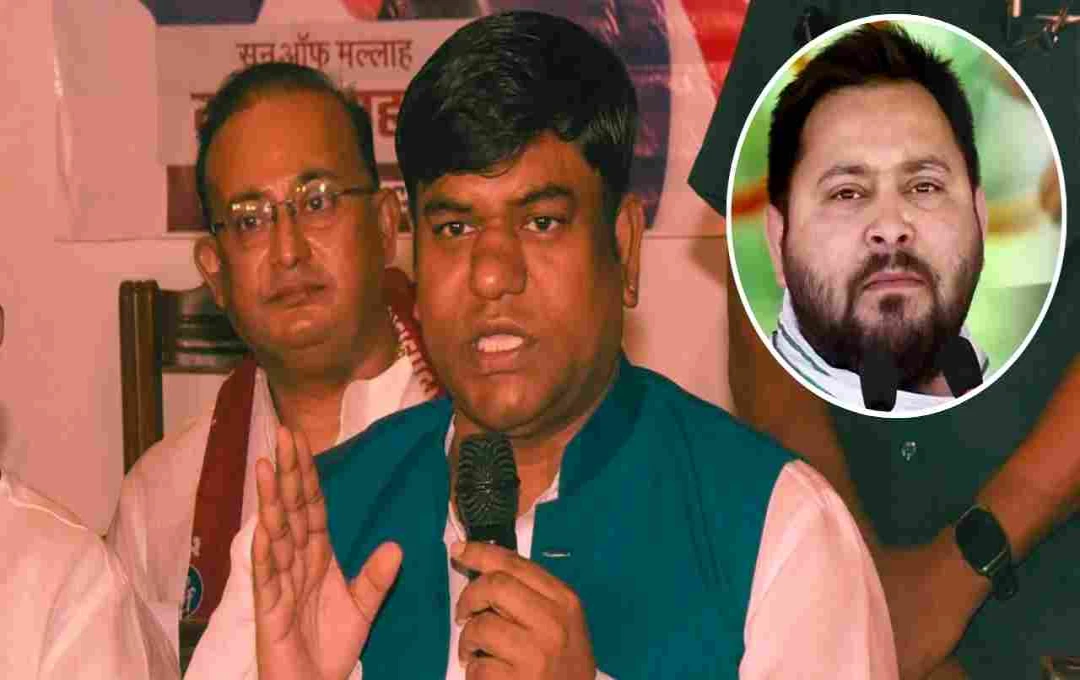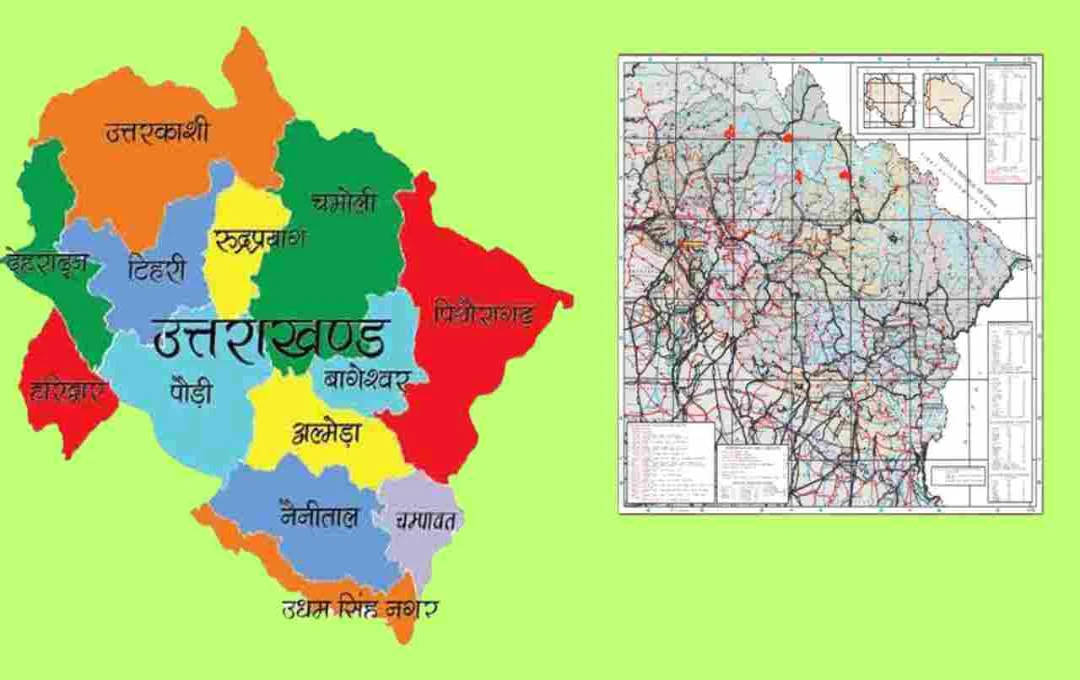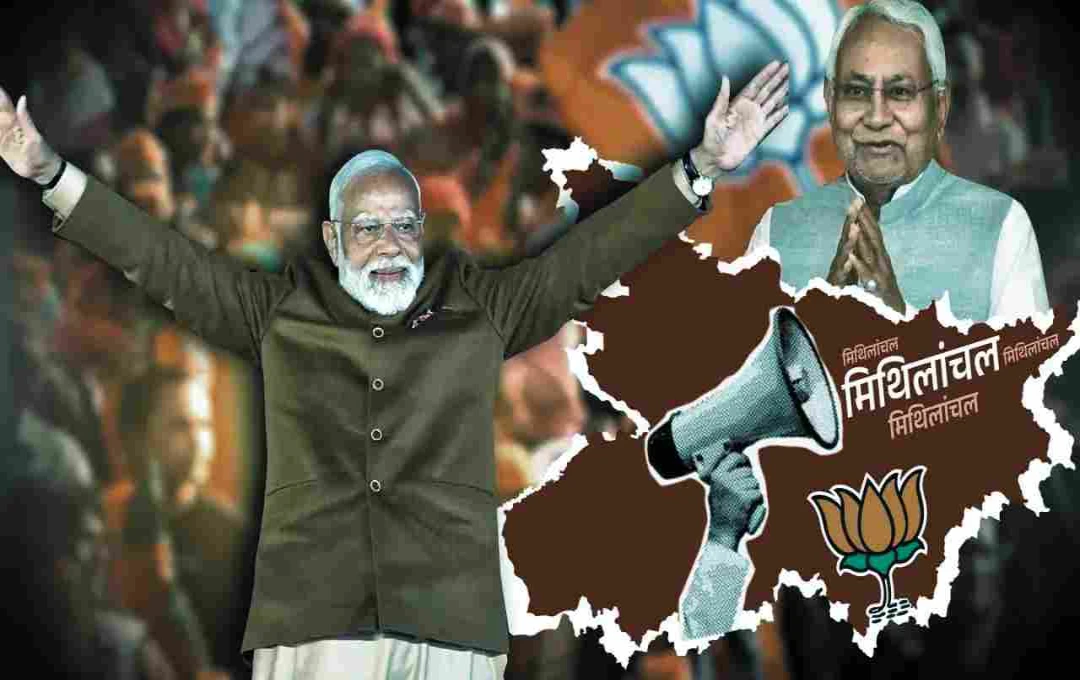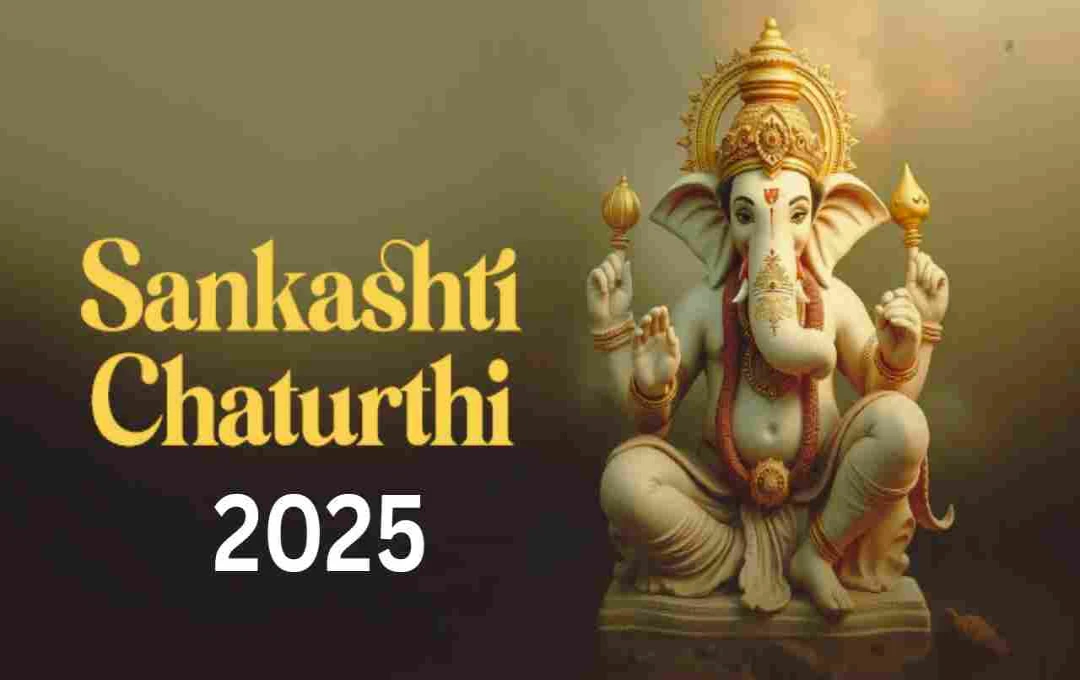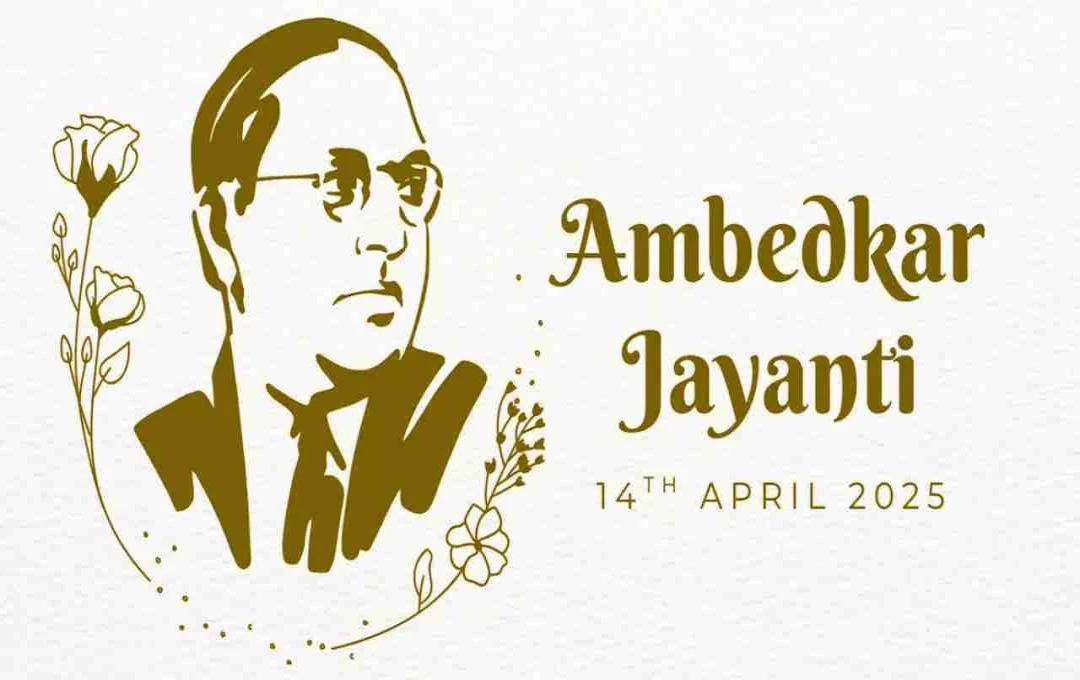The Supreme Court may now hear petitions filed against the Wakf Amendment Act, 2025, on April 15th. Senior advocates Kapil Sibal, Abhishek Manu Singhvi, and Nizam Pasha had requested the court for an expedited hearing, a request the court has reportedly agreed to.
New Delhi: The stage is set for a major legal battle in India's Supreme Court concerning the Wakf Amendment Act, 2025. Fifteen petitions have been filed challenging this controversial law, with prominent politicians and social organizations arguing it violates fundamental rights enshrined in the Constitution. According to the Supreme Court website, these petitions may be heard on April 15th, 2025.
Activity in the Supreme Court Regarding the Hearing
Responding to the request for an urgent hearing on Monday, Chief Justice of India Sanjeev Khanna stated that established procedures for urgent hearings must be followed. Senior advocates Kapil Sibal, Abhishek Manu Singhvi, and Nizam Pasha had pleaded for a swift hearing of the petitions challenging the Act.
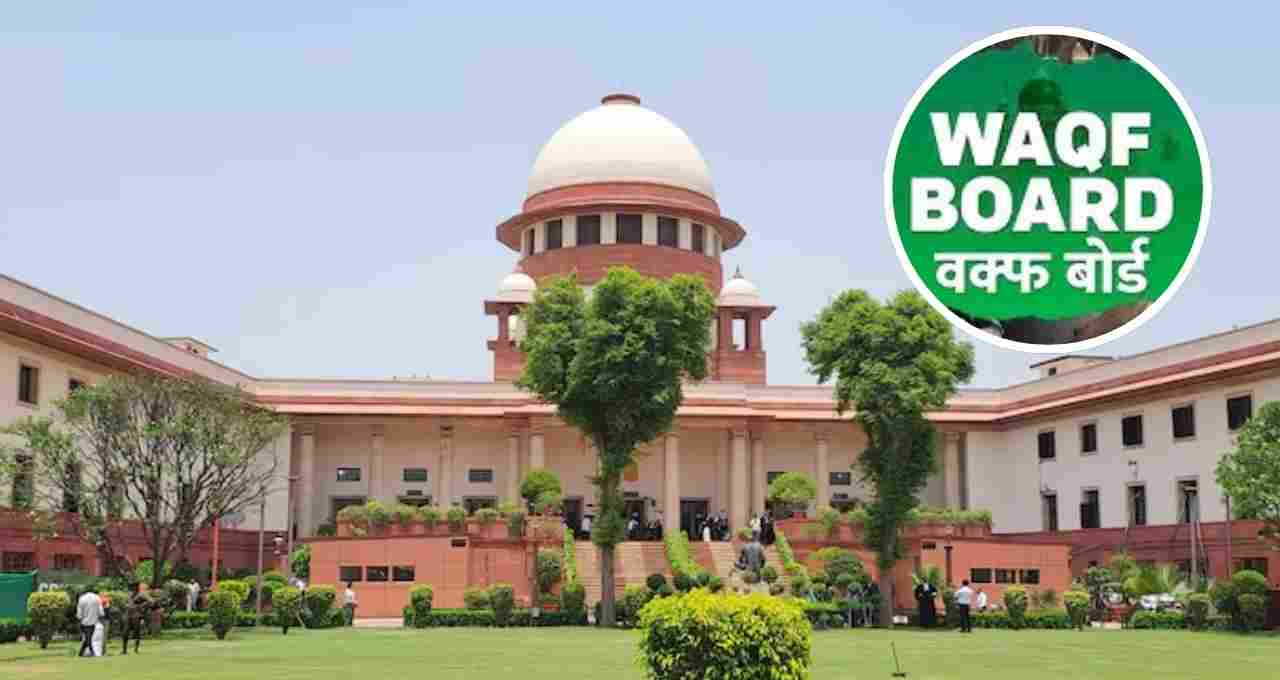
Although the CJI did not publicly issue an order, he clarified that he would review the petitions in his chambers and decide on the listing based on his assessment.
Who Approached the Supreme Court?
Petitioners challenging the Wakf Amendment Act include several political and social organizations:
1. Congress MPs Mohammad Javed and Imran Pratapgarhi
2. AIMIM leader Asaduddin Owaisi
3. AAP MLA Amanatullah Khan
4. Leaders associated with DMK, RJD, and JDU
5. All India Muslim Personal Law Board, Jamiat Ulema, Social Democratic Party of India, and Association for Protection of Civil Rights
What is the Controversy?
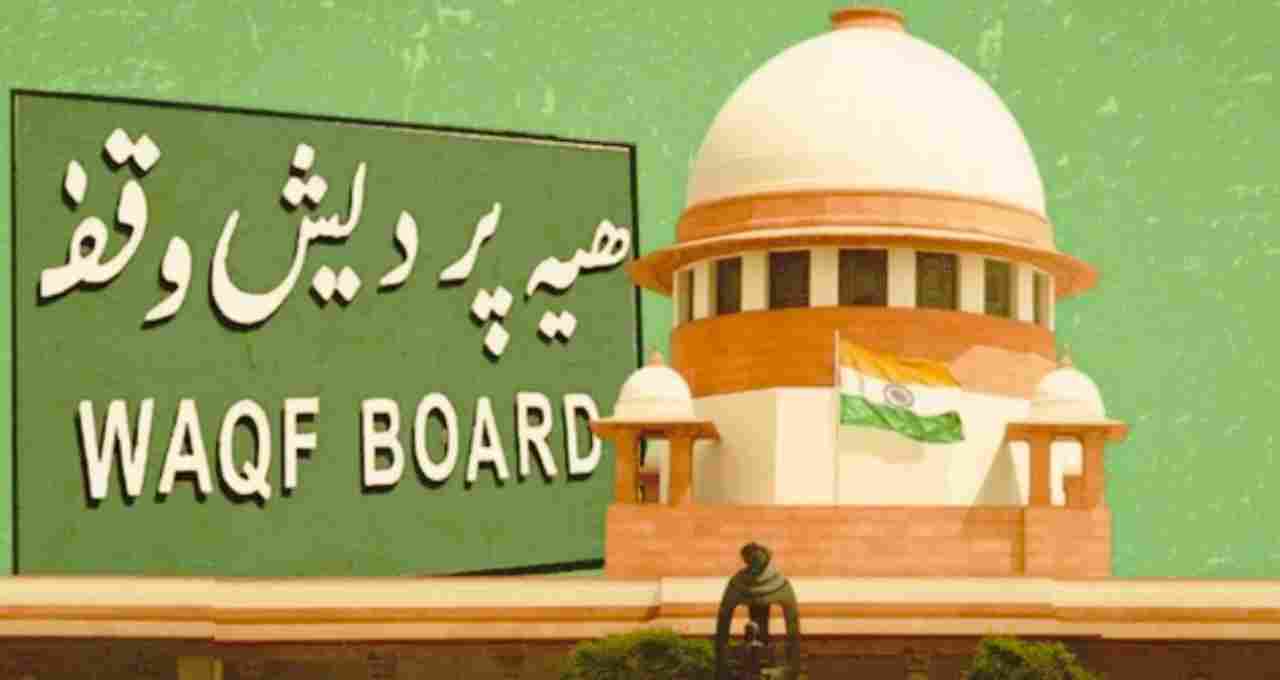
The Wakf Amendment Act, passed in 2025, is accused of violating property rights and religious freedom. Petitioners argue that it grants excessive control over Wakf properties to the government, thereby interfering with the religious and social rights of Muslims.
The potential April 15th hearing will determine whether these petitions are referred to a Constitution Bench or heard by a single bench. If the court deems the petitions worthy of hearing, this case could become one of the most significant constitutional debates in the country in the coming months.
